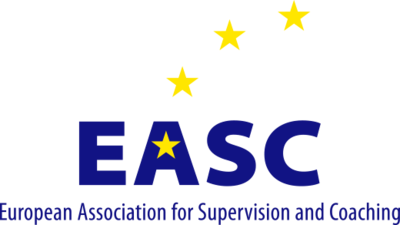The discussion on the meaning of VUCA for supervision and coaching was very multifaceted:
In his analysis from the perspective of organisational sociology, Prof. Stefan Kühl questioned the singular character of VUCA and elaborated on recurring waves of dismantling and development of hierarchies and bureaucracy in organisations. The cultures of democratic societies and owner-managed companies are difficult to reconcile.
Dr. Christoph Schmidt-Lellek explained life coaching as a relevant support to resilience and self-steering against the background of VUCA with its increasing burdens and decrease in certainty and meaning provided by organisations.
Prof. Carsten Schermuly presented research and meta-analyses on impacts and side-effects, focussing on the impacts on coachees as well as coaches. The amount of available research is still small and obtaining funds is difficult (the lack of an unambiguous definition of the term of “coaching” alone is an obstacle to applications for third-party funds).
On the basis of the growing need to be flexible and agile and other characteristics of VUCA, Prof. Eric Lippmann described the requirements for coaching and supervision in organisations. Using the Gestalt model of the five pillars, he showed the influence of VUCA on the identity of the individual and the paradoxical situation of the necessity to adapt while also making one’s mark.
The workshops, yet again, offered extremely interesting insights into the practical work and the reflections of colleagues. As always, the time for exchange in the plenary sessions and during the breaks was too short and many would have welcomed longer dialogues.
And also this time, the encounters among members and participants were the real treasure of the conference: it was a great pleasure to meet colleagues again and also to meet many new colleagues. “Let’s please do this more often”, “Can we have more of this, please” were the comments that were most frequently heard during the feedback round at the end. |
